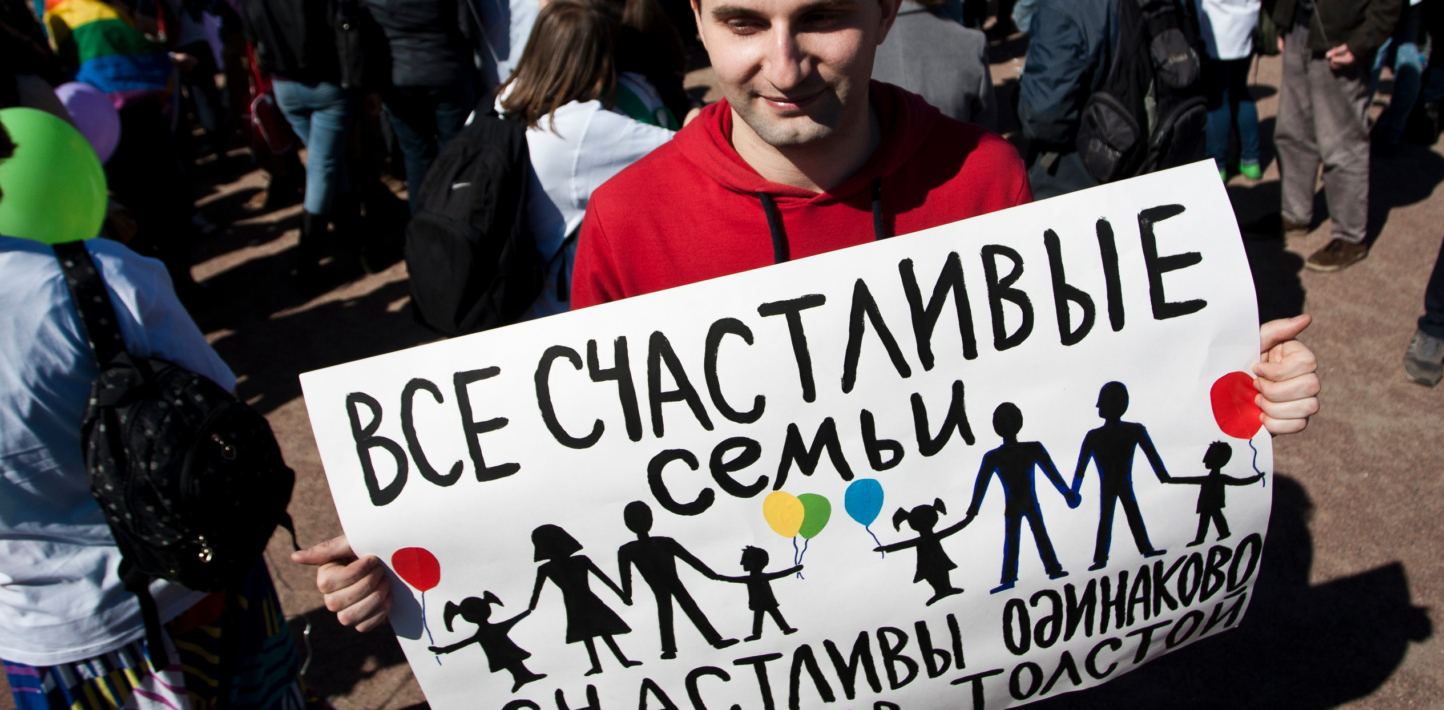Reacting to the news that Russian State Duma passed the legislation imposing a blanket ban on “sex change” procedures, Natalia Zviagina, Amnesty International’s Russia Director, said:
“The adoption of this abominable transphobic legislation shows an utter disregard for the human rights of transgender people in the Russian society.”
The adoption of this abominable transphobic legislation shows an utter disregard for the human rights of transgender people in the Russian society
Natalia Zviagina, Amnesty International’s Russia Director
The proposed amendments not only prevent people from changing gender markers in official documents but also include provisions that prohibit them from adopting children, and nullify marriages where one partner has changed their gender marker.
“A ban on gender affirmative interventions, including hormone replacement therapy, will inflict unbearable suffering on thousands of Russian citizens, deprive them of access to essential healthcare services, and put their mental health at grave risk. This law effectively discriminate against transgender persons and make them second class citizens.”
“The Russian authorities should reconsider immediately this harmful legislation which will damage the Russian society for generations and take steps to protect the human rights of all individuals, regardless of their gender identity.”
Background
On July 14, the State Duma, the lower chamber of the Russian parliament, adopted a package of amendments to the Family Code and several federal laws aimed at imposing a ban on legal gender recognition and gender-affirmative interventions. Those who have undergone gender affirmative surgery abroad will not be able to obtain legal gender recognition in Russia.
These amendments include a ban on gender affirming interventions such as gender affirming surgery and hormone therapy, with surgeries aimed at treating “congenital anomalies (malformations), genetic and endocrine diseases associated with impaired formation of the genital organs in children” being the only exceptions. These remaining surgical options will require approval from state medical commissions before a change in gender markers can be made in official documents.
Individuals who have undergone gender-affirmation will be prohibited from adopting children or serving as legal guardians, and their marriages will be automatically annulled.
The amendments will not apply retroactively to those who had obtained legal gender recognition before they came into force.


